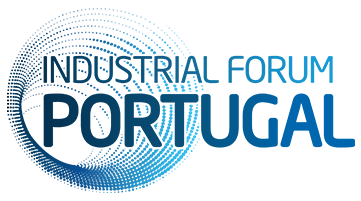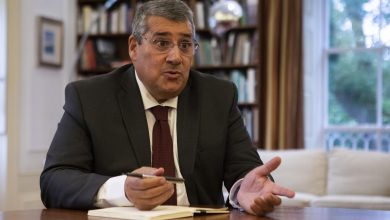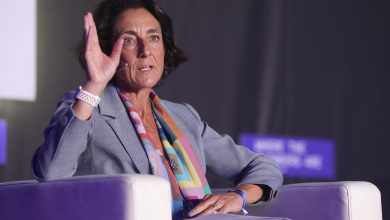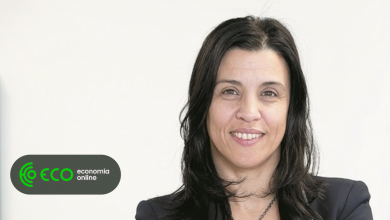
Chris Lewis: ‘We’re focused on helping the suppliers who need our support’
Chris Lewis joined AIAG in May as vice president of outreach and engagement. With extensive experience leading organizations, including those in the nonprofit and education sectors, Lewis’s passion lies in implementing initiatives that promote business growth, diversity, and inclusion.
Prior to joining AIAG, Lewis held various leadership positions focusing on workforce development, community outreach, and strategic planning. Prior to joining AIAG, he served as president and CEO of the South Region Minority Supplier Development Council and supplier diversity manager for a Fortune 1000 company. He also pioneered the first annual Supplier Diversity Conference in collaboration with the Alabama Automotive Manufacturers Association and partnered with the Metropolitan Development Board to meet and recruit automotive suppliers from Detroit to Alabama.
Q: What is your role at AIAG?
Lewis: I am responsible for nurturing and strengthening AIAG’s business relationships with traditional and non-traditional industry sectors, companies, and organizations primarily in the southern and western states. My past experiences include developing a compliance department, heading up supplier diversity initiatives, and supporting small business development. I have also helped build opportunities for minority and women-owned businesses. I will work on AIAG’s GAPSCN program (Global Automotive Purchasing Supply Chain Network or “Gap-Scan”) as well as on member development in the Southeast and Mexico.
Q: How did you become aware of AIAG?
Lewis: I was president and CEO of the Alabama Chapter of the National Supplier and Minority Development Council, where I focused on how to grow the capacity of minority-owned businesses. We even put some legislation in place at the state level. I met AIAG’s former executive director, Scot Sharland, at the Supplier Diversity Conference that I helped put together with the Alabama Automotive Manufacturers Association. We stayed in touch over the next 10 years and then Scot asked me to come help AIAG with its diversity initiatives, among other things.
The work I am doing at AIAG to help minority suppliers is important because the minority is becoming the majority. We are focused on growing opportunities for diverse suppliers, so that as industries transition, the small suppliers can transition as well.
Q: Are you referring to the industry’s transition to electric vehicles?
Lewis: EVs are certainly one major transition facing our industry. Electric vehicles are going to take less parts, so suppliers need to have strategic conversations and planning in place to secure their future.
Q: How will you grow the AIAG membership?
Lewis: By asking myself how I can help suppliers become more efficient and effective. I have to be able to answer their question: “What’s in it for me?” That’s the first thing that small suppliers ask. They want to know why AIAG should be important to them.
Q: What can AIAG do for small suppliers?
Lewis: AIAG can help small suppliers catch a large fish. We have the training to help them get that fish into the boat. AIAG supplies the tools small businesses need to get a bigger customer — the tools these suppliers need in their tacklebox. If a potential or current customer asks a question that they don’t know, they can find the answer at AIAG.
Q: What is the biggest challenge for small automotive suppliers right now?
Lewis: It is very tough to hire and retain talent right now. Talent is leaving the Tier 3 and Tier 4 suppliers and going upstream to bigger suppliers who pay more.
Q: What’s the answer to that challenge?
Lewis: Suppliers can help retain their talent by offering very focused educational and training opportunities. From the moment they come through your door, you should be offering them training. You must show your talented employees the pathway to leadership and management. “Stay with us for a couple of years and let us show you the way.”
The industry has many lucrative opportunities along the supply chain. The automotive industry has to be aggressive and do what everyone else is doing to find and retain talent. That means we have to work on improving the image of the manufacturing sector. It’s not a dark and dirty place to work. You’d be surprised how many people still think of manufacturing industries in that way.
Q: What are your top priorities for the next 12 months?
Lewis: I’d like AIAG to have greater penetration in the Southeast. I want companies who are not currently with us to better understand the value proposition of joining — particularly the diverse and minority suppliers. And then, I want to build support mechanisms around that, including perhaps a Quality Summit in the Southeast and a traveling Diversity Summit. I’m also going to put forth a lot of effort to support our Mexico members. I want to make sure that we are helping the suppliers who need our support.
Q: What are you going to work on in your own personal development?
Lewis: I’d like to learn more about what’s going on in China. But most importantly, I am trying to really listen to the needs and goals of the suppliers. AIAG is not an advocacy organization — and the OEMs are our ultimate customers — but AIAG has to create those activities that make that engagement between OEMs and suppliers possible.





